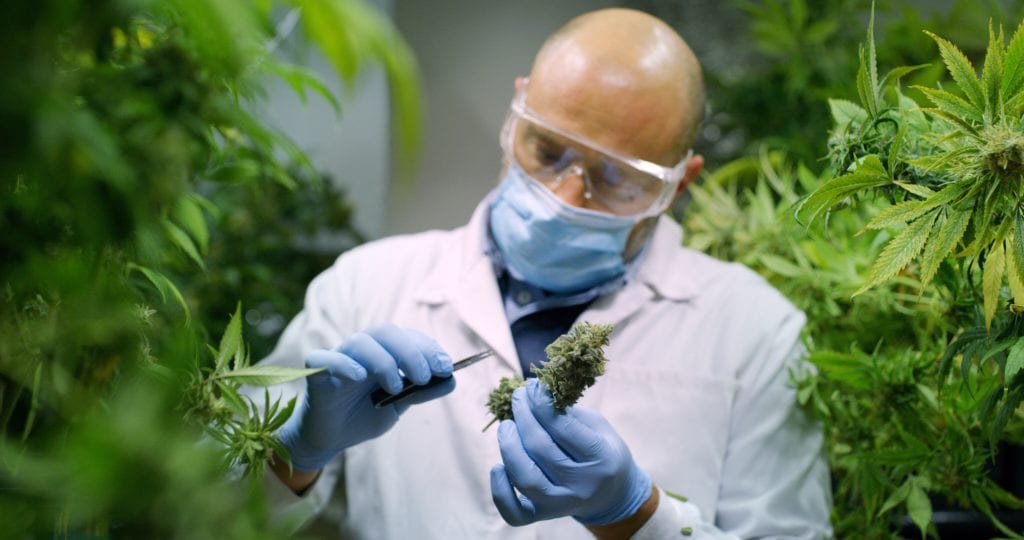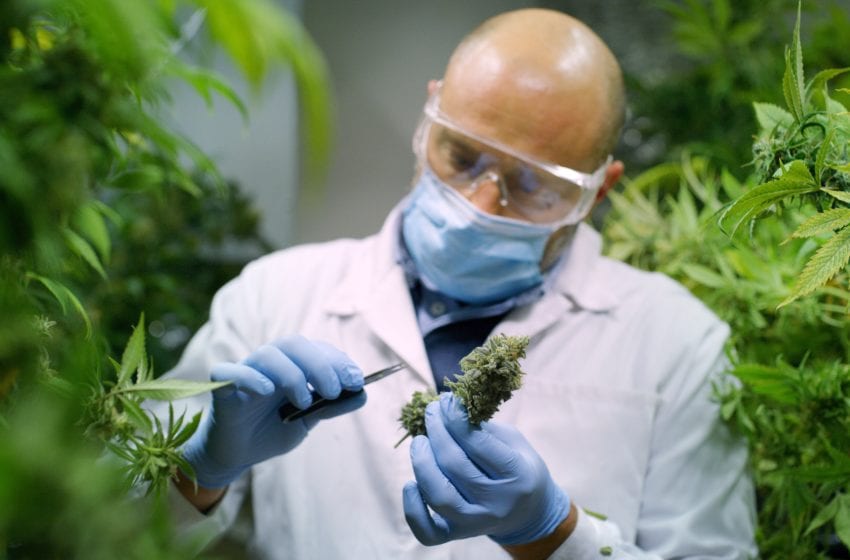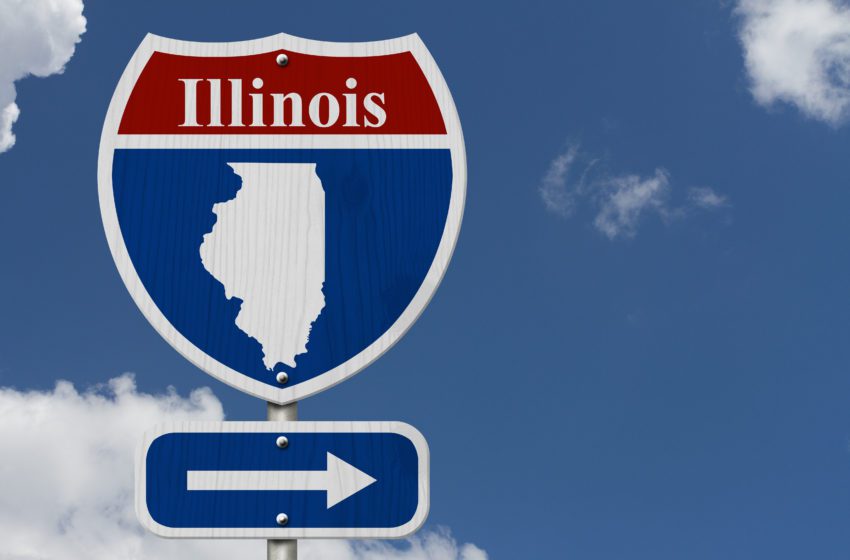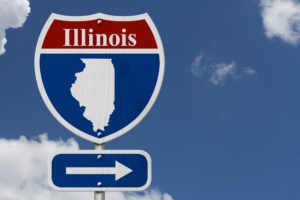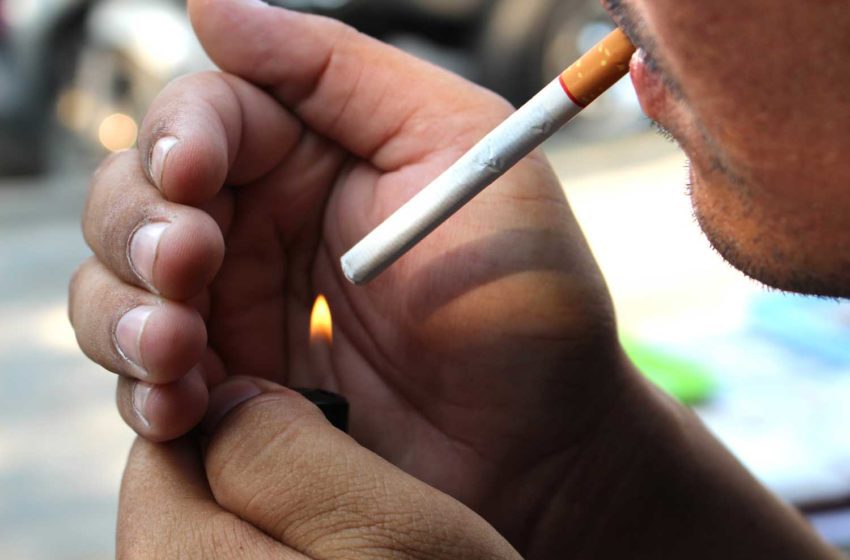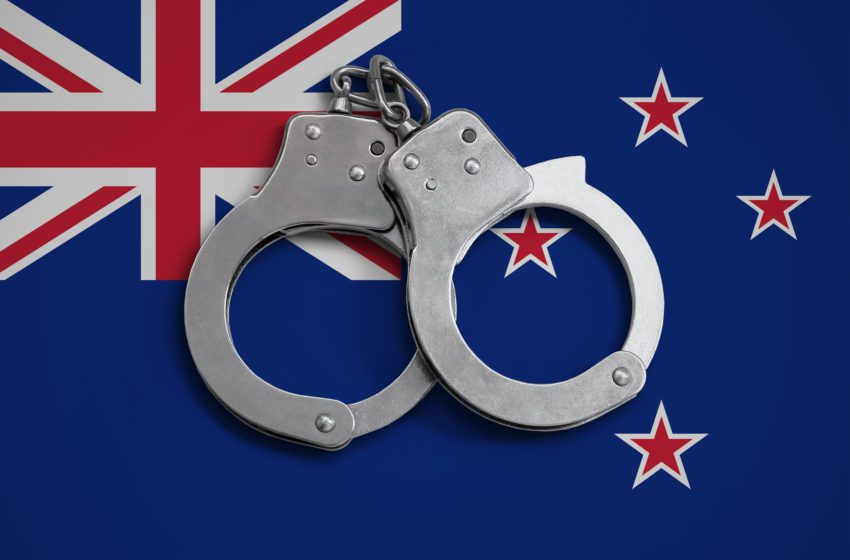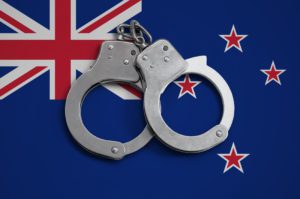Flava brand vaping products have been pulled from store shelves in the Philippines amid allegations of illegal marketing to minors and tax evasion, the Department of Trade and Industry has said.
The DTI’s Fair Trade Enforcement Bureau (FTEB) on March 15 ordered Flava Corporation, Lilac’s Vape Shop, and social media influencer Lilac Sison Tayaban, CEO of Flava, to refrain from manufacturing, importing, selling, packaging and distributing imported Flava vapes, according to media reports.
Once the Sampaloc, Manila-based business receives the preliminary order issued by DTI-FTEB, all of Flava’s commercial activities must immediately stop.
Flava was the respondent to formal charges alleging violations of Republic Act No. 11900, or the Vaporized Nicotine and Non-Nicotine Products Regulation Act, filed before the DTI-FTEB on March 14.
In turn, the DTI-FTEB gave the preliminary order to confiscate Flava products that violate RA 11900, to prevent the disposition or tampering of evidence and the continuation of the acts being complained of.
The DTI is the lead implementing and enforcement agency of RA 11900, the landmark law aimed at protecting minors from vaping. The House Ways and Means Committee earlier estimated as much as P728 million ($1.3 million) in foregone tax revenues from the alleged technical smuggling of P1.4 billion worth of illicit Flava devices last year.
After laboratory testing, The House panel discovered that Flava had not declared the vapes it imported from China. Flava allegedly mislabeled its ingredient as freebase nicotine, which has a lower excise tax than nicotine salt — the nicotine used in Flava products.
Also, the House committee discovered Flava’s aggressive marketing of its flavored vapes to minors, most especially on social media—a violation of RA 11900. Last week, Bureau of Internal Revenue commissioner Romeo Lumagui Jr. disclosed that the taxman seized 1,029 master boxes of Flava vapes from a warehouse in San Pablo City, Laguna, with tax deficiencies totaling P75.7 million.
The BIR raid conducted together with the Laguna provincial field unit of the Philippine National Police’s Criminal Investigation and Detection Group (PNP-CIDG) also led to the arrest of two individuals manning the warehouse.
As such, the BIR will file criminal tax evasion charges against Flava.
“This successful raid of a vape warehouse containing 102,900 bottles of Flava vape products will be one of many. The BIR supports the whole of the government’s approach to eradicating illicit vape products. We have warned you as early as 2022. Our raids are successful. We won the criminal cases. You already have pending warrants of arrest. Register and pay your proper taxes, or suffer the consequences,” Lumagui said.
Meanwhile, Consumer Protection Group spokesperson, Trade Assistant Secretary Amanda Nograles said they will check the report of the Philippine Drug Enforcement Agency that marijuana-laced electronic cigarettes or vapes are now proliferating in the market.
“That report alarms us, especially when these will be sold to minors. Since the information was just new, then we will get additional information. But the DTI will continue to confiscate vape products with flavor descriptors and have cartoon characters that are appealing to minors, and products that use influencers,” Nograles said in a radio interview.
She said if the DTI encountered or confiscated vapes with marijuana oil, then they would refer it to the PDEA.
On Thursday PDEA operatives seized cannabis oil and ‘kush’, and assorted vaping devices, with an estimated total value of P842,000 in simultaneous raids in Taguig City.
